2021 Keynote Speakers & Session Descriptions
2021 Keynote Speakers
Thursday - Dr. Todd Kettler
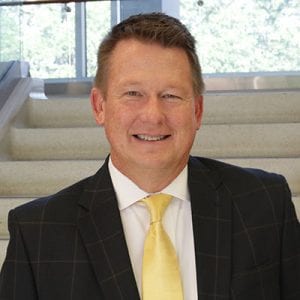 Todd Kettler, Ph.D., is an Associate Professor in the Department of Educational Psychology in the School of Education at Baylor University. He teaches courses in gifted education and talent development, creativity, and the history and systems of psychology with educational applications.
Todd Kettler, Ph.D., is an Associate Professor in the Department of Educational Psychology in the School of Education at Baylor University. He teaches courses in gifted education and talent development, creativity, and the history and systems of psychology with educational applications.
Dr. Kettler conducts research on access to advanced academic learning opportunities in schools, including access to gifted education. He studies the features of learning designs that support outcomes of exceptional performance including the development of critical thinking and creative capacity. His book, Modern Curriculum for Gifted and Advanced Academic Students (Prufrock Press, 2016) won the Legacy Award for the best scholarly book in the field of gifted education in the United States in 2016. That text articulated Kettler’s four-level approach to elite talent development in academic domains.
Dr. Kettler studies learning designs that combine advanced content, complex thinking, conceptual understanding, and the development of intellectual character. His work in complex thinking has specifically focused on developing students’ abilities to think both critically and creatively within domain-specific traditions. His book Developing Creativity in the Classroom: Learning and Innovation in 21st Century Schools (Prufrock Press, 2019) explores systematic development of creative capacity in learning organizations. Kettler’s research has appeared in the leading journals in the fields of gifted educational and creativity including: Gifted Child Quarterly, Journal of Advanced Academics, Journal for the Education of the Gifted, Creativity Research Journal, Psychology of Aesthetics, Creativity, and the Arts, Creativity Research Journal, and Thinking Skills and Creativity.
Currently Dr. Kettler serves as editor of the Journal of Advanced Academics, and he is the chair of the Texas Commissioner of Education’s Advisory Council for Gifted Education in Texas. He is actively involved in the American Educational Research Association and the National Association of Gifted Children. He began his professional journey as a middle school and high school English teacher and spent more than a decade designing and leading advanced academic programs in public schools in Texas.
Friday - Dr. Susan Johnsen
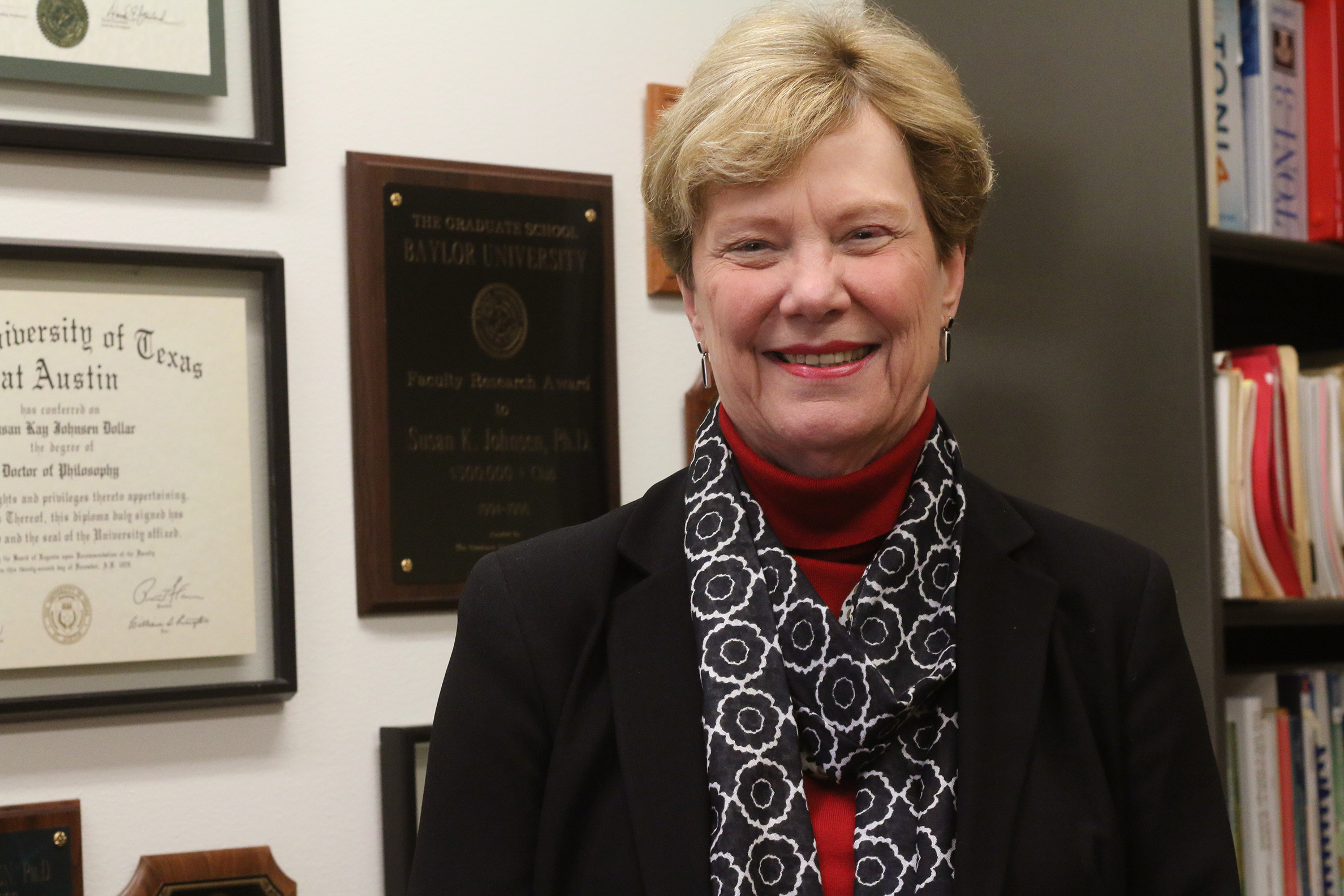 Susan K. Johnsen, Ph.D., is Professor Emerita of Educational Psychology at Baylor University. She is editor-in-chief of Gifted Child Today and coauthor of Identifying Gifted Students: A Practical Guide, Using the NAGC Pre-K-Grade 12 Gifted Programming Standards, Independent Study Program, and more than 300 articles, monographs, technical reports, chapters, and other books related to gifted education. She has written three tests used in identifying gifted students: Test of Mathematical Abilities for Gifted Students (TOMAGS-2), Test of Nonverbal Intelligence (TONI-4), and Screening Assessment for Gifted Students (SAGES-3). She is past president of The Association for the Gifted (TAG), Council for Exceptional Children, and past president of the Texas Association for Gifted and Talented (TAGT). She has received awards for her work in the field of education, including NAGC’s Ann Isaac’s Award, NAGC’s President’s Award, and CEC’s Leadership Award.
Susan K. Johnsen, Ph.D., is Professor Emerita of Educational Psychology at Baylor University. She is editor-in-chief of Gifted Child Today and coauthor of Identifying Gifted Students: A Practical Guide, Using the NAGC Pre-K-Grade 12 Gifted Programming Standards, Independent Study Program, and more than 300 articles, monographs, technical reports, chapters, and other books related to gifted education. She has written three tests used in identifying gifted students: Test of Mathematical Abilities for Gifted Students (TOMAGS-2), Test of Nonverbal Intelligence (TONI-4), and Screening Assessment for Gifted Students (SAGES-3). She is past president of The Association for the Gifted (TAG), Council for Exceptional Children, and past president of the Texas Association for Gifted and Talented (TAGT). She has received awards for her work in the field of education, including NAGC’s Ann Isaac’s Award, NAGC’s President’s Award, and CEC’s Leadership Award.
Full Session Descriptions - Thursday, March 11, 2021
Welcome
8:30 a.m. - 9:00 a.m. (All times are Eastern)
- Dr. Ashley Carpenter (conference coordinator) welcomes you to the conference, reviews the
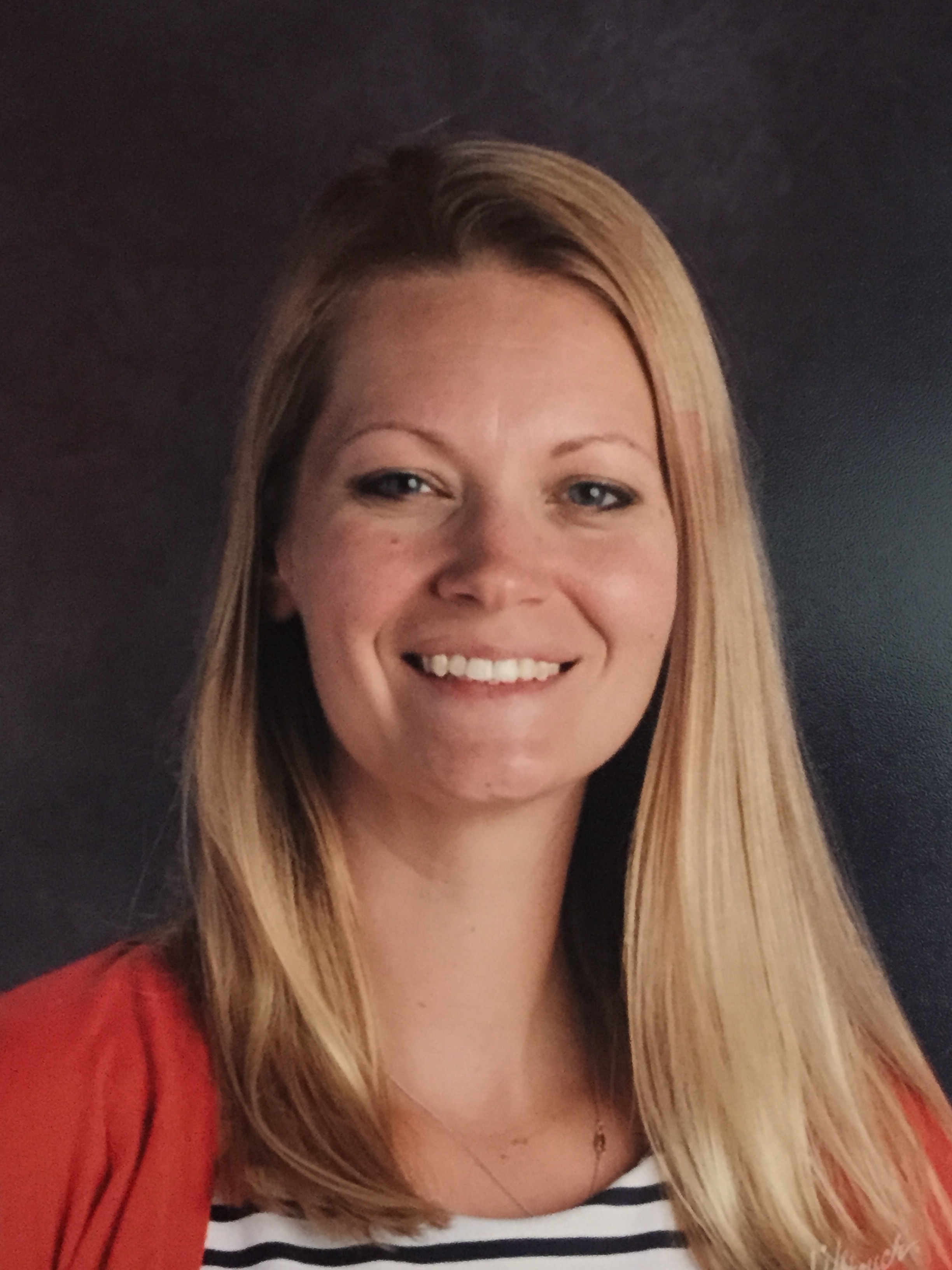 online platform, how to navigate throughout the day, previews the schedule of events and introduced you to our Exhibitors.
online platform, how to navigate throughout the day, previews the schedule of events and introduced you to our Exhibitors.
Keynote Speaker
9:00 a.m. - 10:00 a.m.
Why Creativity and Problem Solving Should be Prominent in the Gifted Curriculum
- Dr. Todd Kettler
- Is there time for creativity in the curriculum? What about problem solving, innovation, and imagination? Too often creativity is on the outside looking in when it comes to curriculum. Worries persist that teachers and curriculum designers make trade-offs between teaching creativity and problem solving versus teaching content. Is that a real dilemma? What does a content-rigorous, creative thinking, problem-solving curriculum look like?
Breakout Session 1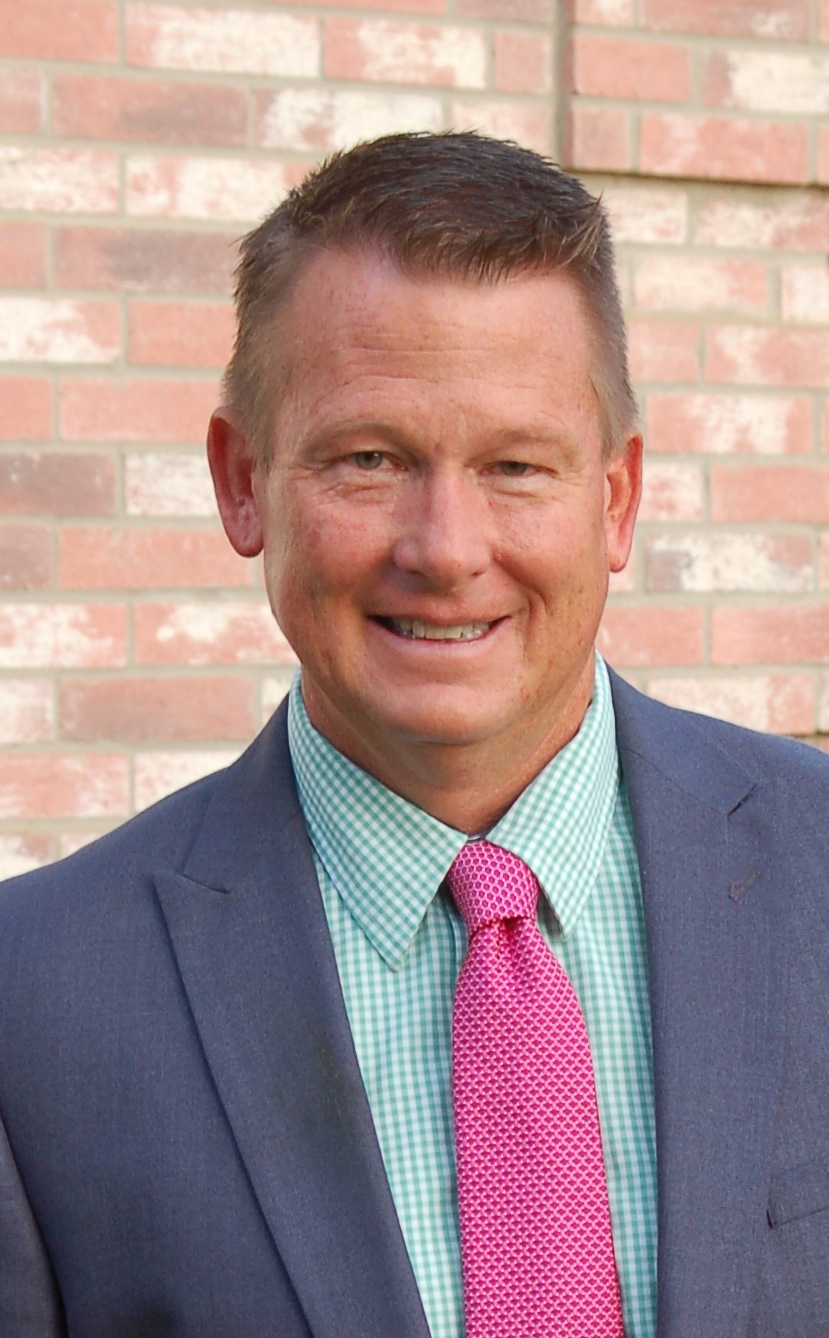
10:15 a.m. - 11:15 a.m.
- Critical Thinking, the Cognitive Shield of a Post-Truth Culture
- Dr. Todd Kettler
- In a world of unlimited information, the ability to think carefully and critically is becoming increasingly important. This session focuses on ways that teachers and curriculum designers can combine the skills of critical thinking with the content of the curriculum. Critical thinking skills are most effectively acquired when they are infused with complex and demanding content and reinforced with dialogical instructional models.
- Scaling Personalized Learning through SchoolWide Enrichment and Gifted Instructional Strategies

- Blane McCann Ph.D.
- This session is for educators seeking to personalizing learning and would like to use SEM to do so. Participants will define the term personalization for their local context. They will reframe their thinking about teaching and learning. Participants will learn how to infuse the five proven gifted strategies including school wide enrichment into the classroom as they integrate them with the presenter's five elements of personalized learning developing classroom lessons giving voice and choice to all learners promoting independence and engagement.
- Global Citizenship and Engagement Curriculum for Gifted and Talented Learners
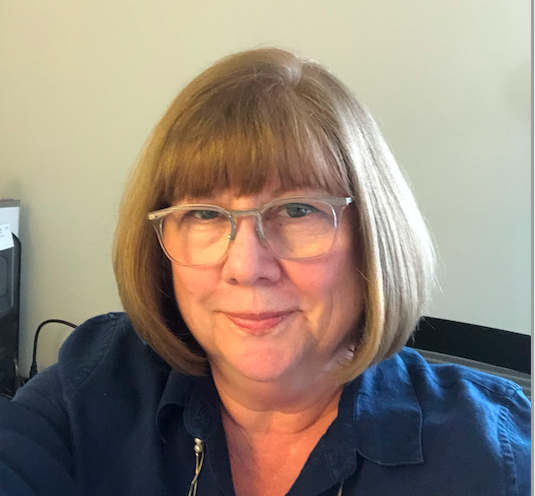
- Mary Slade, Ph.D.
- Stephen Schroth, Ph.D.
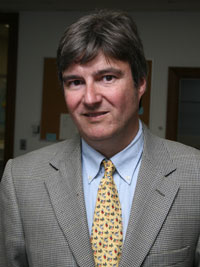
- The social issues challenging tomorrow’s global citizens must be understood and addressed through collaboration, creativity and problem-solving. Gifted learners have the potential to inspire and lead others in global awareness and community engagement to create social change. The session focus is K-12 curriculum planning emphasizing global engagement.
 Hands on Inquiry: K-5 Science Units from the Center for Gifted Education - William & Mary
Hands on Inquiry: K-5 Science Units from the Center for Gifted Education - William & Mary
- Ashley Y. Carpenter, Ph.D.
- Each of the elementary science units in this series offers curriculum that focuses on inquiry, advanced content, and higher level thinking skills. Each contains simulations of real-world problems while students experience the work of real scientists by using data-handling skills, analyzing information, and evaluating results. These materials are a must for any teacher seeking to challenge and engage learners and increase achievement.
Breakout Session 2
11:30 a.m. - 12:30 p.m.
- Subconsciously Boosting Students’ Ability to Overcome Barriers to Success
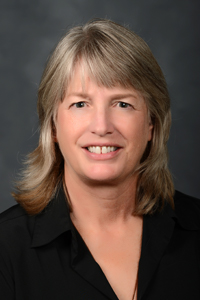
- Jennifer Riedl Cross, Ph.D.
- Are your underrepresented, provisional, or accelerated students intimidated by the prospect of a challenging curriculum? A brief psychological intervention may make the difference in their success. A strong research base supports the positive impact of affirming one’s core beliefs. In this session, you will learn about self-affirmation activities and how to do them with your students.
- Climbing the Comprehension Ladder—The Jacob’s Ladder Series
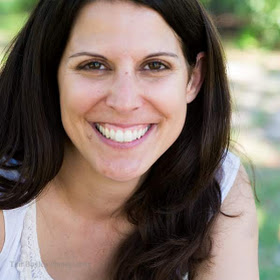
- Jennifer V. Callison
- This K-8 easy-to-use curriculum, developed and field-tested by the Center for Gifted Education at William & Mary, leads students from the lower rungs of basic, concrete reading comprehension to the higher rungs of abstract, analytical, and critical thinking. Teachers are provided everything they need, including passages with questions, answer keys, and both pre and post assessment materials. Challenge your gifted students to climb higher in their analysis of fiction, nonfiction, and poetry with this outstanding research-based curriculum. In this session participants will be given an overview of the series including newly released units as well as training in how to use them in the classroom.
- Design Thinking: Promoting Novel Thinking, Solutions, and Creations for All

- Jessica Lawson
- This session will encourage educators to shift mindsets to see value in creativity in classrooms and students' lives. Society needs creative thinkers, and the educational system can be a springboard for supporting our youth! Design Thinking is a process for all settings to promote novel thinking, varied solutions, and original creations. Educators might be surprised when what they learn is as great for of a benefit for their OWN thinking as it is for their students!
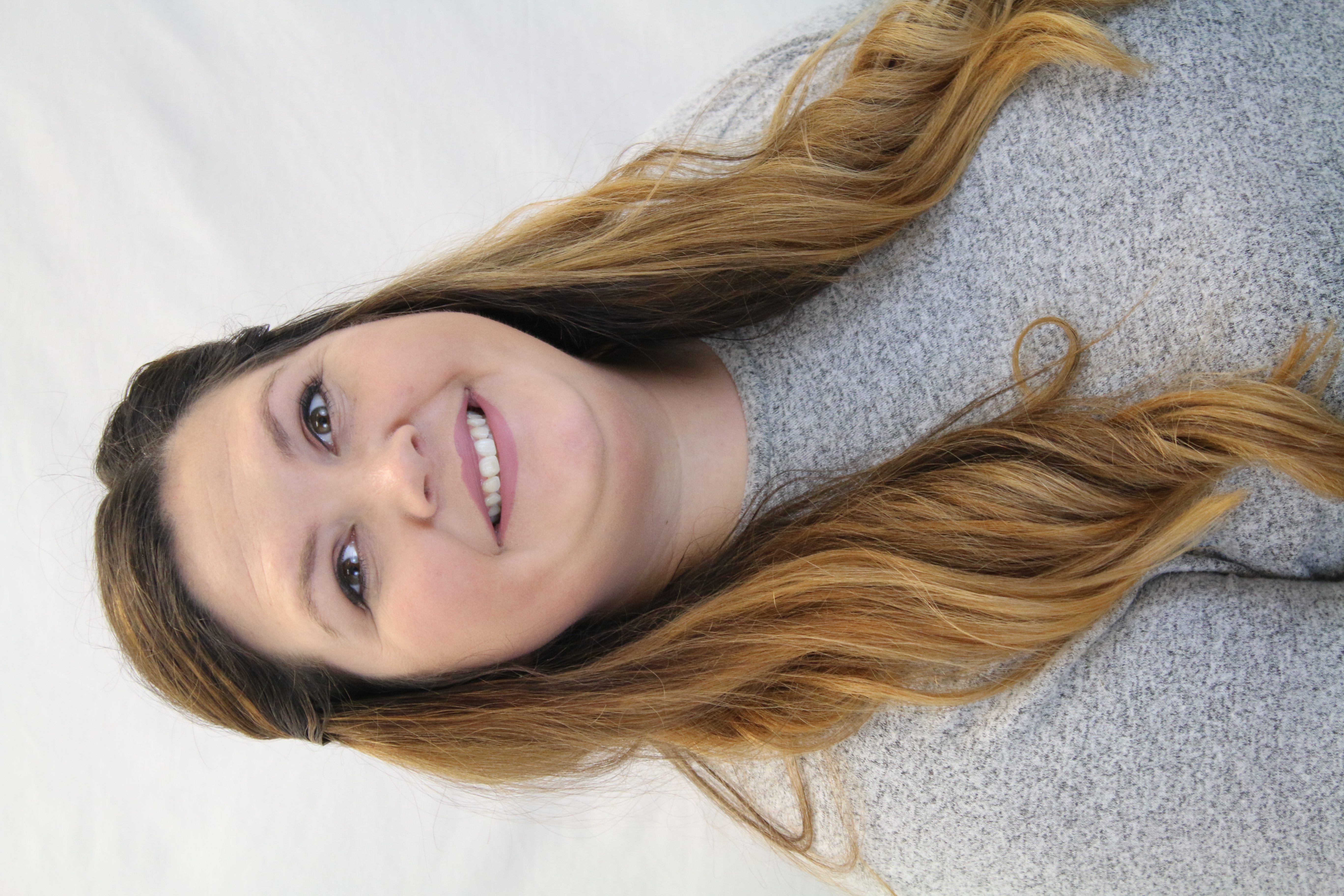 Introduction to Curriculum Compacting
Introduction to Curriculum Compacting
- Stacy M. Hayden
- Research demonstrates gifted students frequently spend time learning previously mastered content. Differentiation is necessary; however, this may seem overwhelming for many teachers. In this session, participants will learn how to implement curriculum compacting with a step-by-step process. Presenters will share specific examples of compacting for a wide range of students and receive resources to get started with their own students.
Exhibitor Chats
12:30 p.m. - 1:00 p.m.
Breakout Session 3
1:15 p.m. - 2:15 p.m.
- Networking Session - Coordinators & Administrators
- Networking Session - Teachers K-5
- Networking Session - Teachers Middle & High School
- Networking Session - Higher Ed. & Graduate Students
Breakout Session 4
2:30 p.m. - 3:30 p.m.
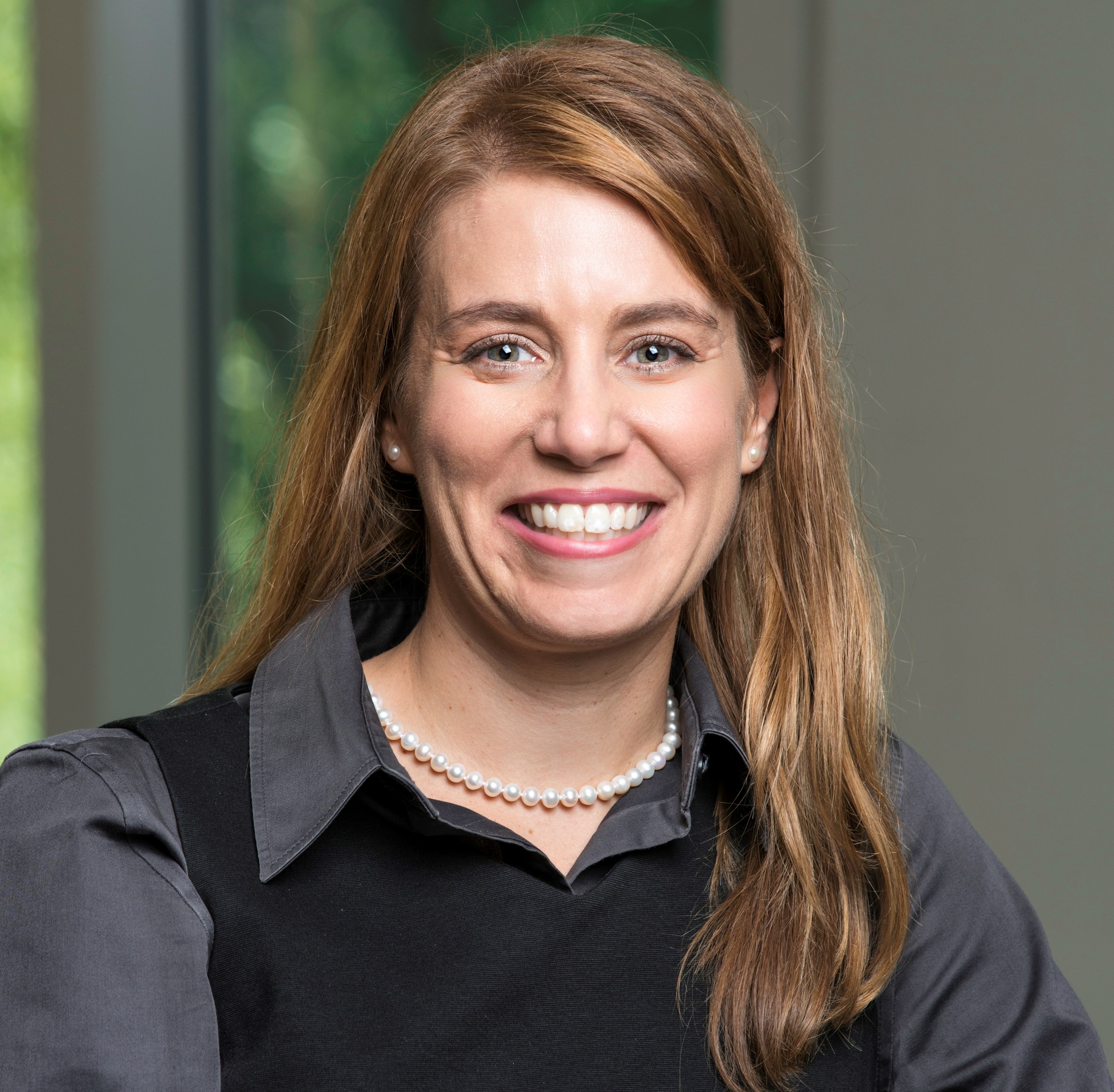
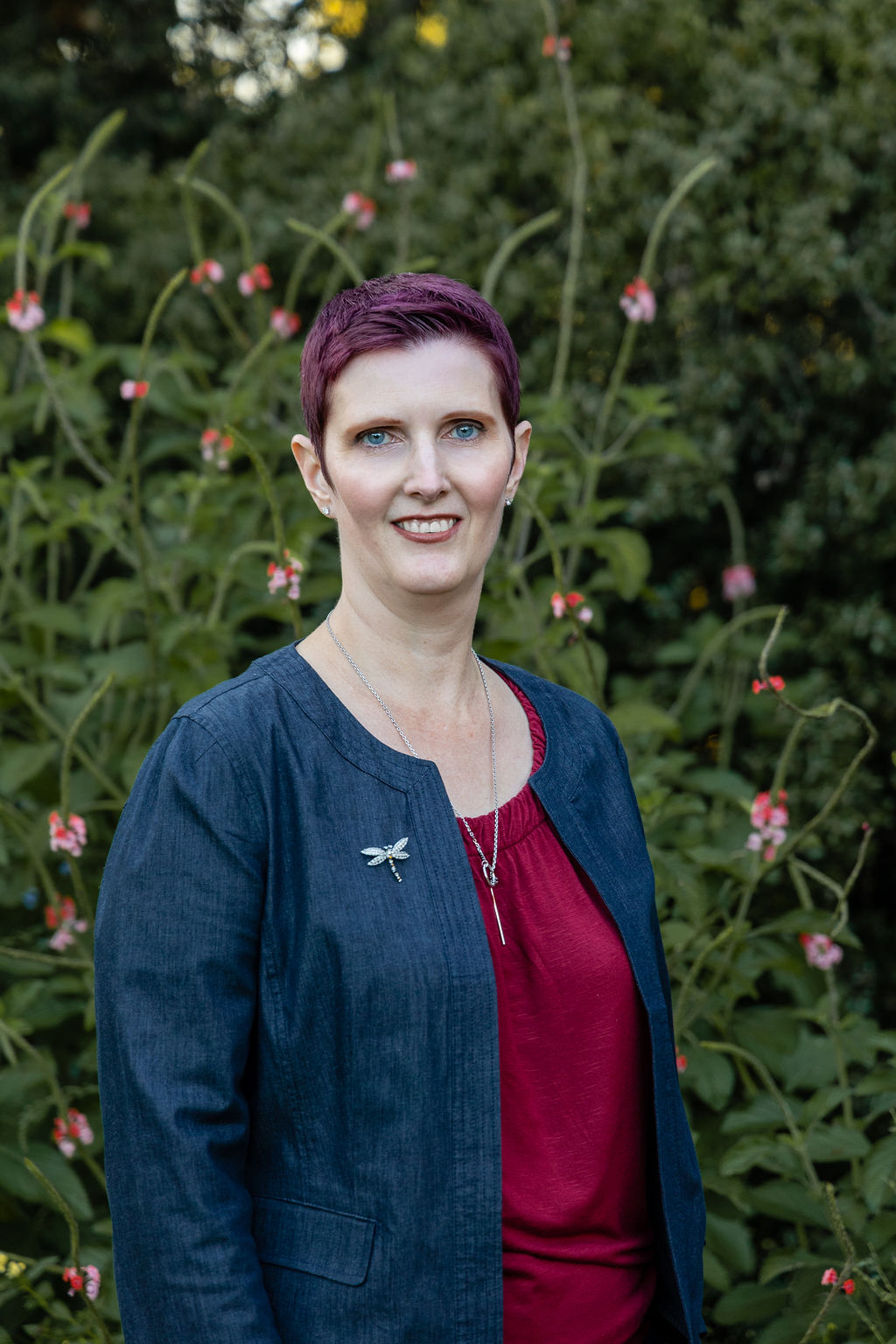 Teaching Gen Z: Problem-Based Learning, Risk-Taking, and International Mindedness
Teaching Gen Z: Problem-Based Learning, Risk-Taking, and International Mindedness
- Dr. Anne K. Horak
- Dr. Kimberley Daly
- Our students have been shaped by a post-9/11 world and the effects of recession. They are characterized by their desire to affect social change. Curriculum and instruction that meaningfully engages these students revolves around a relevant problem and emphasizes creativity and divergent thinking. It leverages Google, YouTube and social media for learning. And students learn in their own way. This session will highlight effective instruction for GenZ and how it develops risk-taking and international mindedness.
- Deep Reading and Critical Writing: Preparing Students for College-Level Reading, Writing, and Thinking
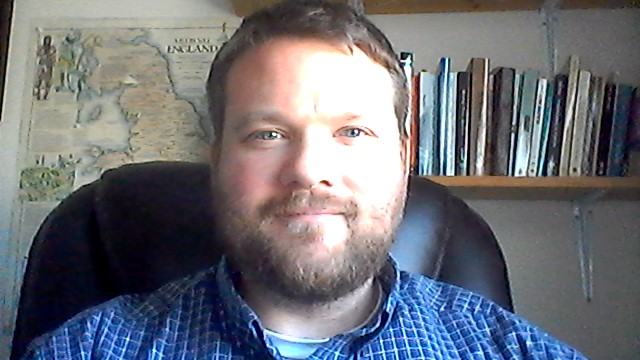
- Andrew W. Sytsma
- What is college-level writing? Many students who enter higher education programs are not prepared for the level of reading, writing, and thinking that is required of them. This session will focus on deep reading as a means to bridge the gap between student ability and the rigorous expectations of a college or university course. Participants will leave with a structural framework for a deep reading unit and examples for implementation in middle and high school classes.
- The School-Based Psychosocial Curriculum Model: A Theory-Driven Approach to Developing Affective Curriculum
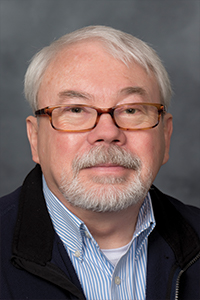
- Tracy L. Cross, Ph.D.
- Psychosocial needs of gifted students have often been addressed in a haphazard fashion, without a comprehensive, theory-driven approach to guide them. The work of Erik Erikson, the father of psychosocial development theory, provides a strong foundation on which to build a program of psychosocial development for students with gifts and talents. In this session, we describe the School-Based Psychosocial Curriculum Model (SPCM), which emphasizes the development of psychological and social skills by way of students’ ego strength. Help us explore ways in which you could use a curriculum based on the SPCM.
- Accelerating Middle School Language Arts with Compacted, Culturally-Responsive, Computer-Supported Curriculum
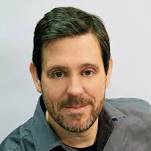

- Eric Calvert, Ph.D.
- Ashley Y. Carpenter, Ph.D.
- Sarah Bright, Ph.D
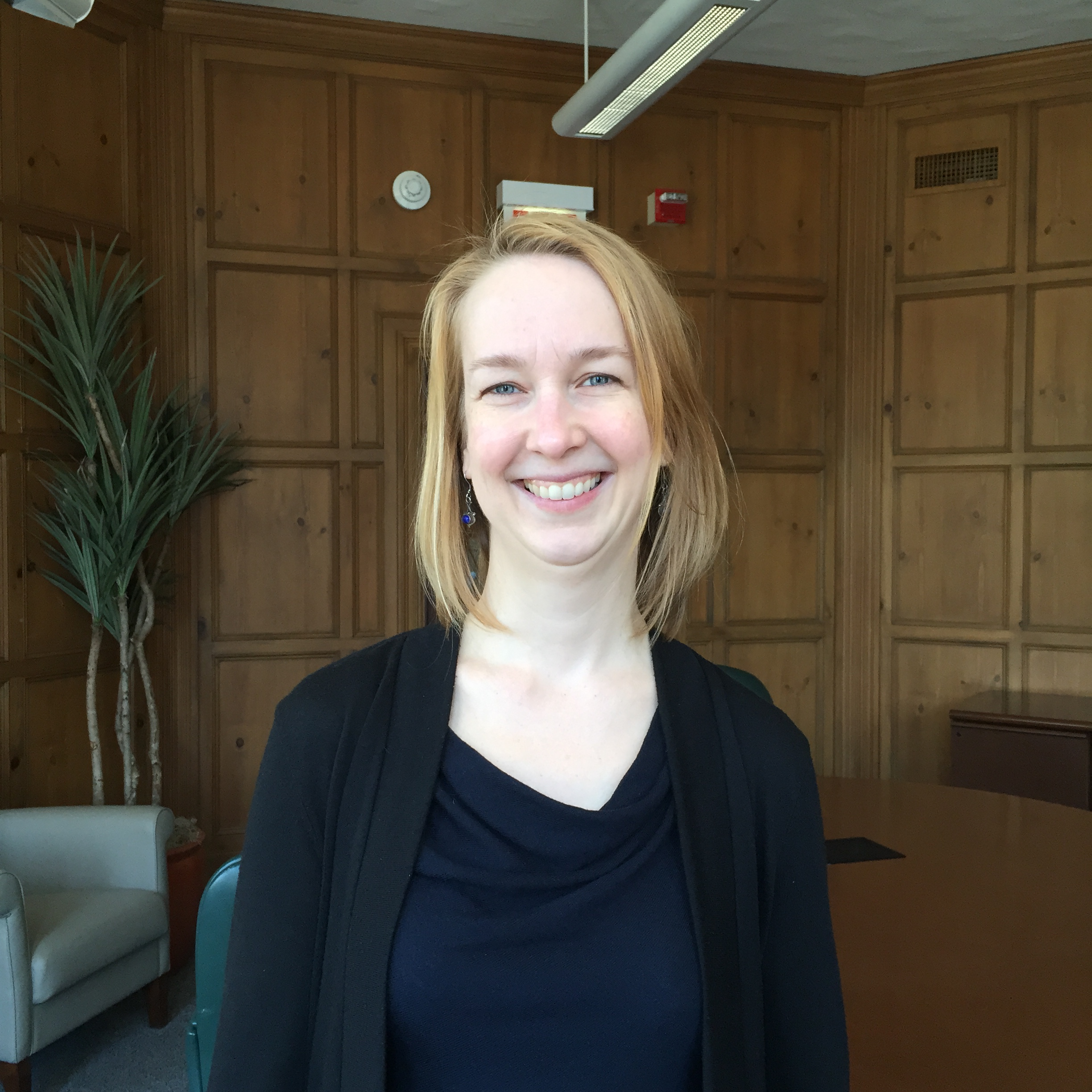
- Project OCCAMS is a program supported by the Jack Kent Cooke Foundation to develop and pilot accelerated language arts curriculum to help close excellence gaps in diverse schools. The curriculum was developed using the Integrated CurriculumModel and culturally-responsive curriculum design principles; compacts curriculum covering standards for grades 7, 8, and 9 into a two-year course of study taught in grades 7 and 8; and is facilitated using an online platform that supports flexible pacing, differentiation, and authentic writing practice. Evaluation studies in five diverse schools have shown that the curriculum contributes to rapid learning gains in reading and writing and prepares students to successfully matriculate into 10th grade-level language arts coursework upon matriculation to high school. This session will provide an overview of the curriculum, share lessons learned in its evolution, and discuss opportunities for new schools to join the program.
Breakout Session 5
4:00 p.m. - 5:00 p.m.
- Dismantling Denial: Addressing Implicit Bias to Change Teachers’ Perspectives about Gifted Diverse Students


- Dr. Anne K. Horak
- Dr. Kimberley Daly
- Dana L. Plowden, M.Ed.
- Jeffrey Prater
- This session will focus on how Project E-Ignite actively addresses implicit bias in teachers' perspectives about diverse students and their potential to demonstrate advanced capacity through its professional learning program. Using perspective taking, data analysis, and video reflection as vehicles to engage teachers in developing a resolution for the real-world problem of underrepresentation of culturally, linguistically and economically diverse students in gifted programs this project has been effective in creating equity.
 The All-in-One Thematic Approach—William & Mary English Language Arts Units
The All-in-One Thematic Approach—William & Mary English Language Arts Units
- Jennifer V. Callison
- This unique, theme-based curriculum, developed and field-tested by William & Mary’s Center for Gifted Education, has units available for grades 1-12. Besides covering the foundations of grammar, writing, vocabulary, and comprehension, the units also address literary analysis, reasoning, research, and concept development. With models and rubrics centered on overarching themes such as utopia and change, this remarkable curriculum fosters high levels of critical and metacognitive thinking, guaranteed to challenge and engage your students.
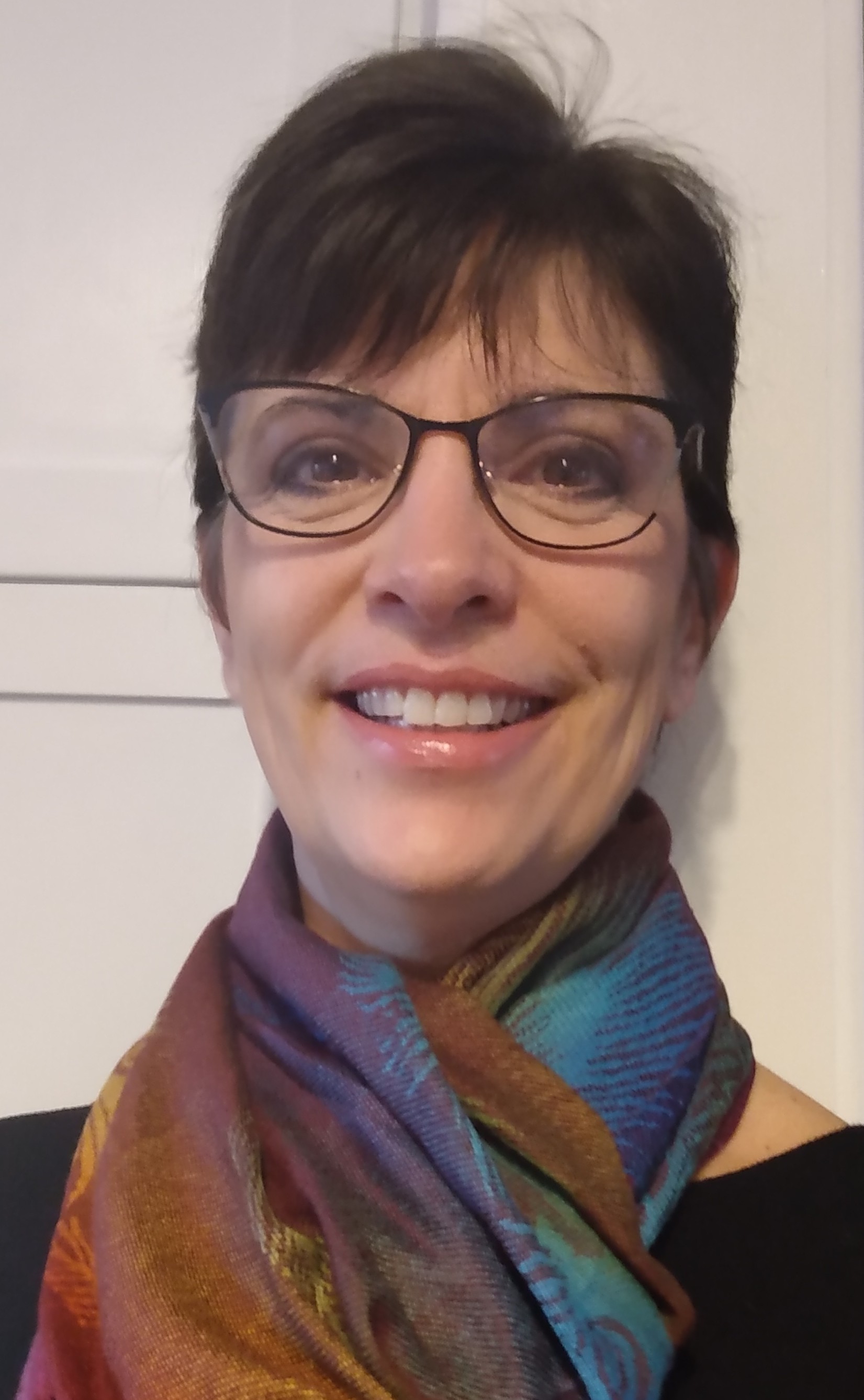 Building Powerful, Lifelong Learners with The Autonomous Learner Model
Building Powerful, Lifelong Learners with The Autonomous Learner Model
- Patty Costis, Ph.D.
- The Autonomous Learner Model (ALM) was developed by Dr. George Betts and Ms. Jolene Kercher to assist students in harnessing the power of learning. ALM’s targeted activities and lessons help students build skills to better understand themselves as learners, to gather information independently, to and collaborate effectively. Participants in this session will learn more about ALM, its components, and how the model is successfully implemented in an urban gifted middle school program.
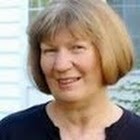 Talent Development in Social Studies
Talent Development in Social Studies
- Dr. Janice Robbins
- How do you “grow” a renowned historian? An economist? A cultural anthropologist? In this session we will explore ways in which high potential in social studies can be uncovered, fostered, and developed in a planned progression of learning experiences K-12. The focus is on students in grades 3-8 with an eye toward developing talent in preparation for advanced secondary experiences and post-secondary opportunities. Participants will consider the match of student abilities and readiness to particular social studies learning opportunities. Examples aligned with and extending beyond the general grade level standards will be shared.
Networking Evening Event
6:00 p.m. - 7:00 p.m.
- Bring your own cocktail and come meet new people during our Social Hour.
Full Session Descriptions - Friday, March 12, 2021
Welcome
8:30 a.m. - 9:00 a.m. (All times are Eastern)
- Dr. Ashley Carpenter (conference coordinator) welcomes you to the conference, reviews the
 online platform, how to navigate throughout the day, previews the schedule of events and introduced you to our Exhibitors.
online platform, how to navigate throughout the day, previews the schedule of events and introduced you to our Exhibitors.
Keynote Speaker
9:00 a.m. - 10:00 a.m.
The NAGC Pre-K-Grade 12 Gifted Education Programming Standards: Examples of Best Practices 
- Susan K. Johnsen, Ph.D.
- How might educators use the NAGC Pre-K-Grade 12 Gifted Education Programming Standards? The presenter will address this important question by providing standards-based examples of best practices from classrooms and school districts. Opportunities will be provided for participants to examine their own practices by creating a self-study checklist.
Breakout Session 1
10:15 a.m. - 11:15 a.m.
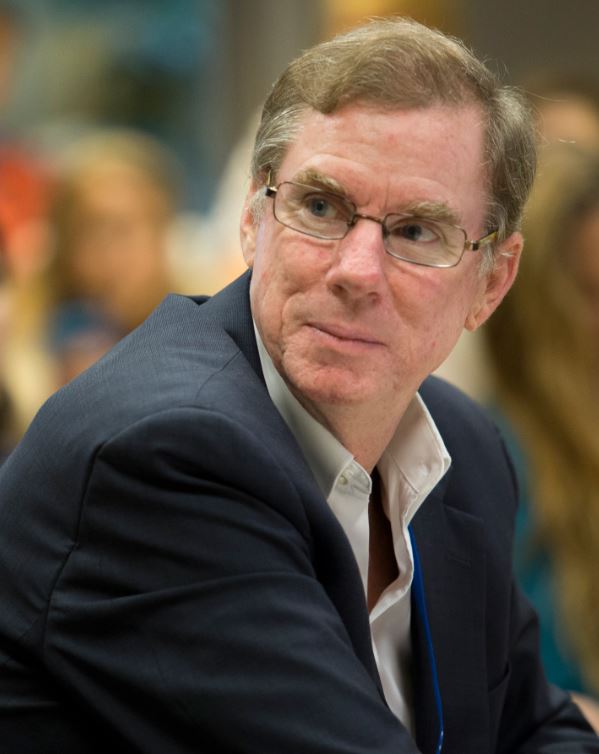 Developing Gifted Students’ Critical Thinking Skills: An Essential Imperative
Developing Gifted Students’ Critical Thinking Skills: An Essential Imperative
- Richard D. Courtright, Ph.D.
- Gifted children and youth are growing and developing in an environment that is characterized by an overwhelming amount of information that comes at them from school, peers, social media and the wider society. This greater awareness means that they perceive more of this information than the typically developing child, and process it to a greater degree. This session will present the what, why and how of critical thinking skills as an essential part of the gifted student's curriculum that enables the student to enlarge their understanding.
- A Framework for Advanced Studies Curricula for Gifted and Talented Learners
- Mary Slade, Ph.D.

- Advanced studies curricula addresses gifted and talented learners’ need for something other than the prescribed grade-level curriculum when the expected outcomes have already been mastered or can be learned at an advanced pace. Thus, the purpose of advanced studies curricula is to compact the general education curricula in order to modify, adapt, and supplant the grade-level curricula in core academic areas. The proposed advanced studies curriculum framework presented is unique as it defines the nature and content of what most gifted and talented programs strive for.
- Mary Slade, Ph.D.
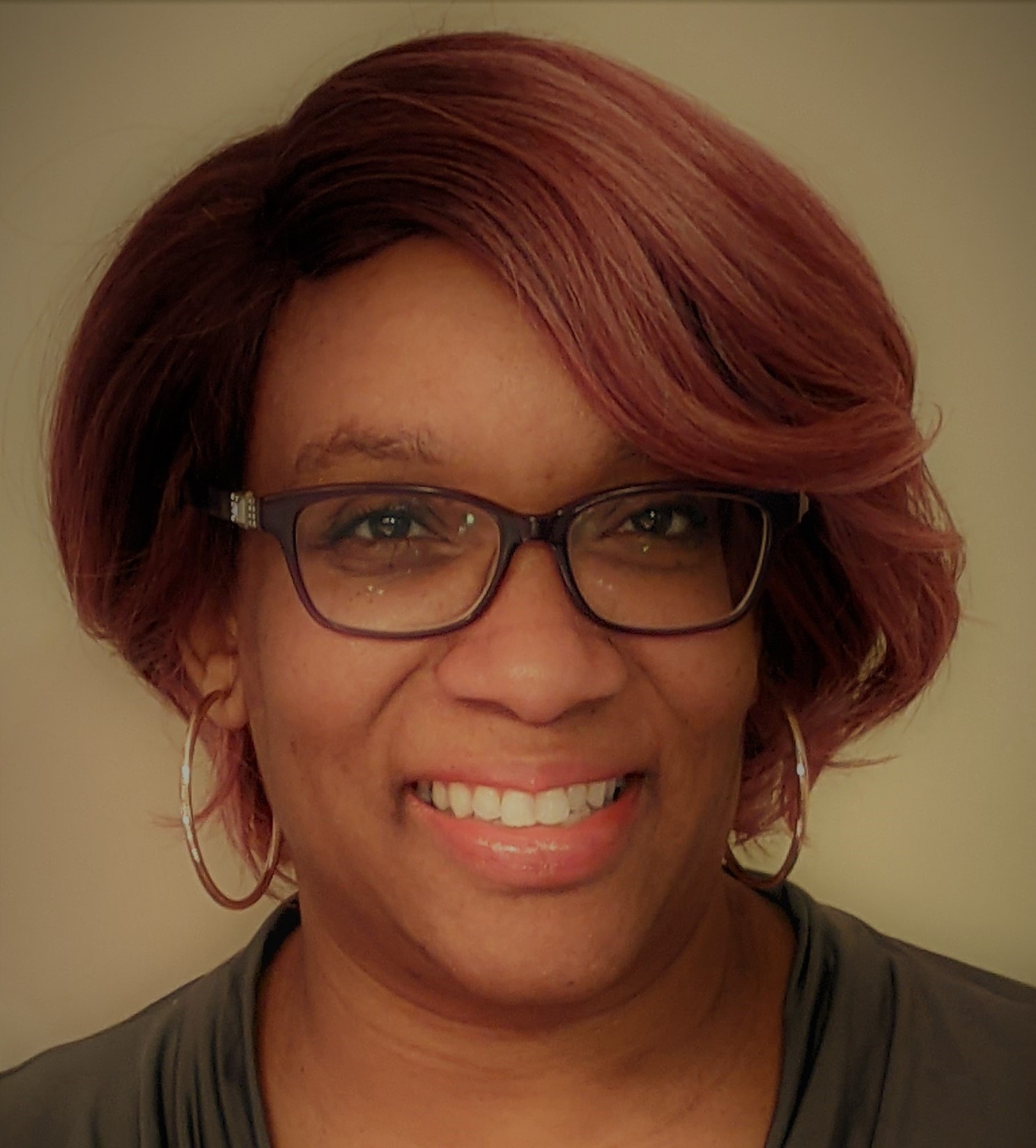 The Equity Lift: How The Matter of Equity K12-University Partnership Boosted GATE in Detroit
The Equity Lift: How The Matter of Equity K12-University Partnership Boosted GATE in Detroit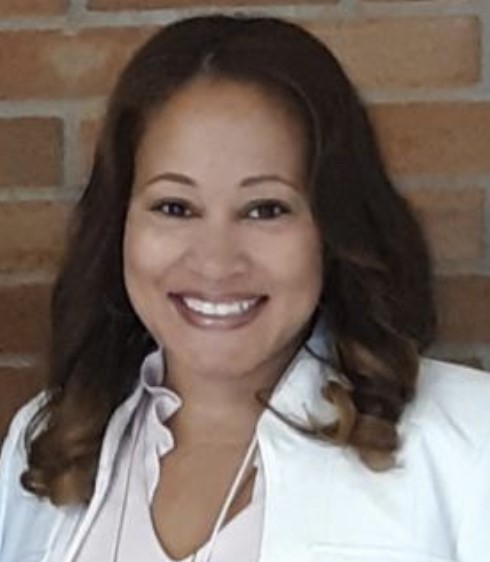
- Chandra Floyd, Ph.D.
- Kimberly Phillips Solomon
- The Matter of Equity initiative in Detroit, funded by a grant from the EE Ford Foundation and others, was a multi-year project to establish a professional learning community between the Roeper Schools, the Detroit Public Schools Community District (DPSCD), Wayne State University, and W&M's Center for Gifted Education. The aim was to support Detroit's gifted learners by building teacher efficacy and leadership capacity in gifted education. This session details the pivot to virtual professional learning for teachers following the pandemic and highlights outcomes experienced by DPSCD.
- Networking Session
- This networking session will be open to all attendees looking to network with other attendees.
Breakout Session 2
11:30 a.m. - 12:30 p.m.
 Constructing Inclusive and Effective Identification Procedures
Constructing Inclusive and Effective Identification Procedures
- Susan Johnsen, Ph.D.
- Equitable identification procedures often use inclusive definitions, front-loading, universal screening, local norms, and multiple assessments that minimize bias. But how do educators interpret all of this information so that services address each student’s strengths, needs, and interests? To answer this question, the presenter will provide examples and criteria for selecting and using organization forms.
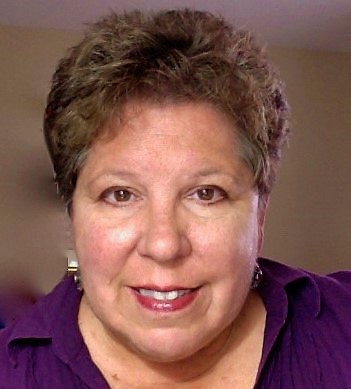 What’s App with That? Moving Past Novelty to Authentic Application in the Gifted Classroom
What’s App with That? Moving Past Novelty to Authentic Application in the Gifted Classroom
- Magdalena Fitzsimmons
- Now that you have those shiny new apps in your technology toolbox, how do you develop instruction that uses them appropriately and allows gifted students to create, communicate, and collaborate in novel and engaging ways? This session provides strategies for blended learning opportunities in the gifted classroom, sample lesson plans and student work. Don’t forget to bring your favorite device!
- Social Emotional Learning: An Understanding & an Integrated Approach
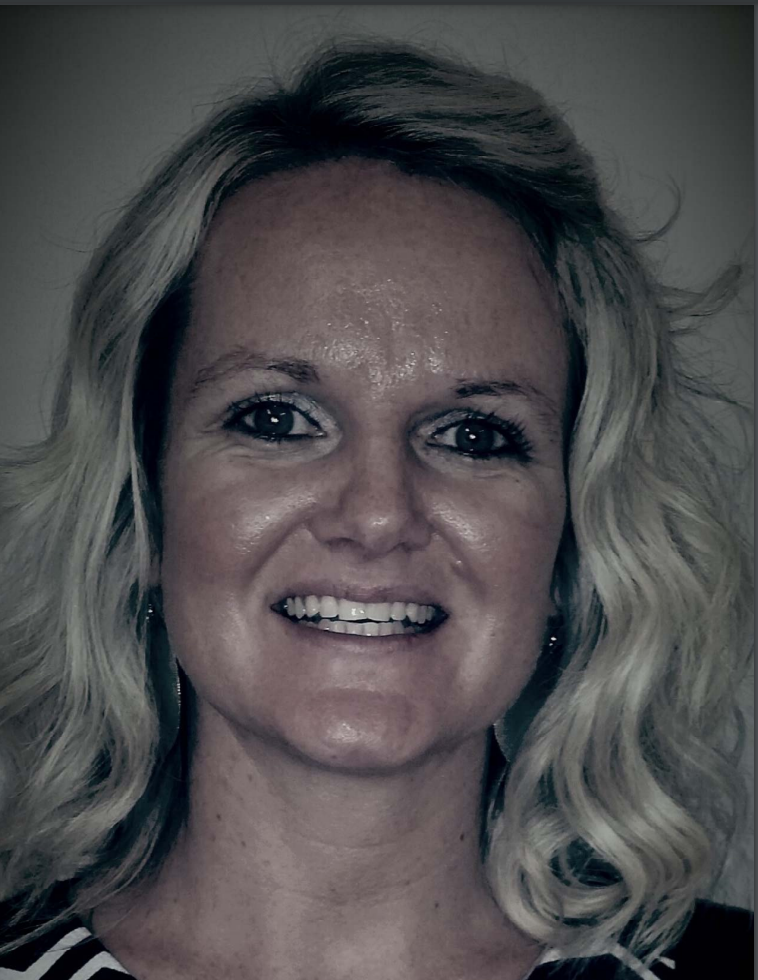
- Candice Sears
- Do you find your gifted learners need support in learning social-emotional skills such as self-management? This session shares how we have integrated social emotional learning into a supplemental English-Language Arts curriculum. Participants will leave with sample curriculum, as well as, practical strategies that may be implemented into the classroom right away.
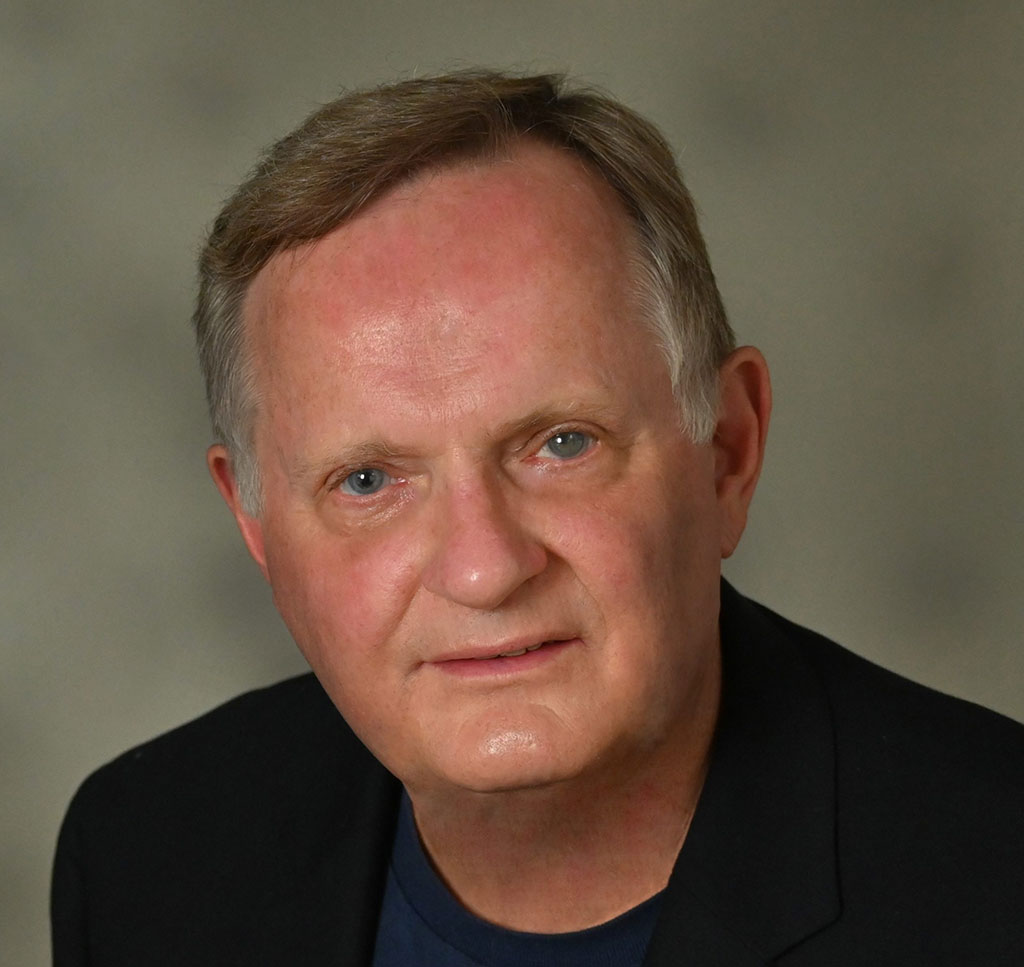 15 Tips for or Improving Identification of Gifted EL Students
15 Tips for or Improving Identification of Gifted EL Students
- Del Siegle, Ph.D.
- E. Jean Gubbins, Ph.D.
- English Learners (EL) often are under represented in gifted and talented programs. The National Center for Research on Gifted Education (NCRGE) developed 15 tips for identifying gifted EL students. Dr. Del Siegle, the Center's director, shares these tips that are based on NCRGE research findings from visiting schools that have a record of successfully identifying EL students for their gifted programs.
Exhibitor Chats
12:30 p.m. - 1:00 p.m.
Breakout Session 3
1:15 p.m. - 2:15 p.m.
- Networking Session
- This networking session will be open to all attendees looking to network with other attendees.
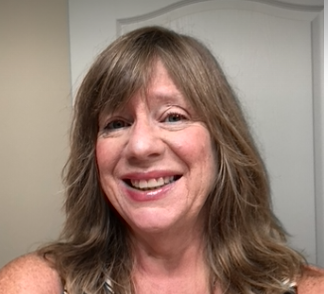
 Critical Thinking Activities That Are No Fuss
Critical Thinking Activities That Are No Fuss
- Kathy Carpenter
- Katie Kooiman
- In our daily lives, we use many critical-thinking skills simultaneously and not in any prescribed order. Research indicates, however, that critical thinking is neither inborn nor naturally acquired. In fact, fewer than half the adults in America today have the ability to reflect upon their thinking and explain how they solved a problem. Fortunately, critical thinking can be taught and learned. Our job is to teach students to reflect upon their own thinking processes and become more successful, active learners.

 Helping Gifted Students Improve International Mindedness and Intercultural Competence
Helping Gifted Students Improve International Mindedness and Intercultural Competence
- Dr. Kimberley Daly
- Dr. Anne K. Horak

- Kate Park, M.Ed.
- Naomi Brown, LCSW
- Living in a global world requires students to interact with different cultures and nations in trade, academia, and over technology. To be successful, students must be internationally minded and interculturally competent. This session will discuss strategies for increasing international mindedness and intercultural competence using problem-based learning(PBL). Presenters will discuss how PBL units can be used to explore global issues and improve student reflection skills.
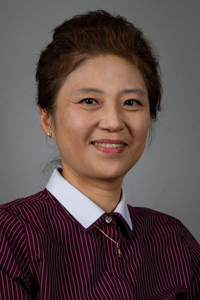 Meeting the Needs of Diverse, High-ability Learners
Meeting the Needs of Diverse, High-ability Learners
- Mihyeon Kim, Ed.D. Ph.D.
- As educators face a wide range of diversity in our classrooms, addressing the diverse needs of students becomes essential, but challenging and overwhelming. While educators put an effort to address the issue of diversity, under-representation of diverse group of students in gifted and talented development programs still has been a continuous concern needed to be addressed. This session explores the needs of diverse students and introduces an overview of a program designed to serve low-income high-ability students. Challenges and implications on serving diverse, high-ability learners will be discussed.
Breakout Session 4
2:30 p.m. - 3:30 p.m.
- Rising Innovators: An 8-Week PBL Experience for Gifted Learners

- Candice Sears
- Lahela Snyder
- Risen from a regional need to design conceptual student understanding, this session shares a curricular opportunity building capacity and boosting confidence around National Science standards in primary grades. Teachers can confidently serve early identified gifted students through a designed interdisciplinary PBL package that includes career connections, professional development, and the platform to offer real-world problem solving challenges to students.
- Networking Session
- This networking session will be open to all attendees looking to network with other attendees.
- Conversations That Matter: Discussion Protocols That Engage and Challenge Gifted Students

- Magdalena Fitzsimmons
- Are you looking for discussion strategies that spark interest and participation in your gifted students without sacrificing challenge and rigor? Look no further!
This session focuses on expanding your toolbox of discussion protocols that inspires gifted students to engage more fully with big ideas and essential questions in a variety of content areas. Student work and sample lessons are shared.
- Advanced Math Differentiation Made Meaningful and Manageable for the Elementary Classroom
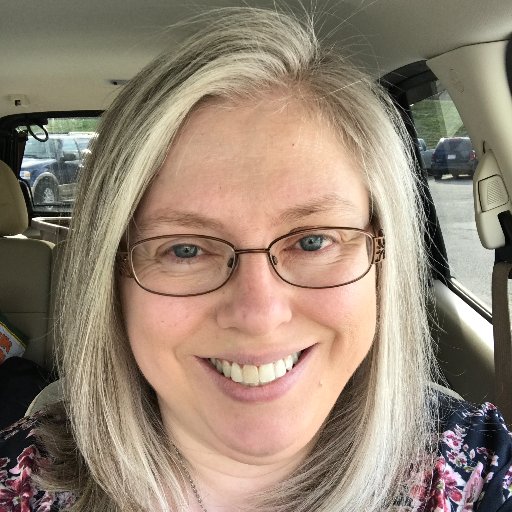
- Susan Dulong Langley, Ph.D.
- Ashley Y. Carpenter, Ph.D.

- Pacing guides and textbooks designed to meet the needs of heterogeneous classrooms do not necessarily meet the needs of mathematically advanced learners, leaving it to classroom teachers and gifted specialists to differentiate accordingly. How, then, may teachers differentiate math in meaningful, manageable ways within district guidelines for enrichment and/or acceleration? Join us for a practical, strategic approach to differentiate math by compacting the curriculum, selecting advanced math materials, infusing real-world problem-based learning, increasing cognitive complexity, and working with advanced standards to meet the needs of your advanced math learners.
Exhibitor Chats
3:30 p.m. - 4:00 p.m.
Breakout Session 5
4:00 p.m. - 5:00 p.m.
- Increasee the Cognitive Complexity of Elementary Mathematics: Tiering Lessons for Advanced Learners

- Susan Dulong Langley, Ph.D.
- Ashley Y. Carpenter, Ph.D.

- Standards and prescribed math curriculaa offer sample questions and tasks. However, the Common Core Mathematics Standards, the basis of many state standards and textbooks, includes the caveat that the standards “do not define the intervention or materials necessary to support students who are . . . well above grade-level expectations.” In this session, we will present strategies and resources for increasing cognitive complexity in elementary math by incorporating Bloom’s Taxonomy, Webb’s Depth of Knowledge Levels to promote student learning and thinking.
- William and Mary Navigator: The Ultimate Novel Study Guide

- Patty Costis, Ph.D.
- The William and Mary Navigator Series is a set of questions, writing and discussion prompts, and activities to accompany a variety of novels, stories and picture books. Each Navigator offers gifted and advanced learners the opportunity to analyze and interpret literature, build vocabulary and writing skills, and make real-world connections to the events in the stories. Participants in this workshop will learn how to customize student learning using Navigators for individual, small-group, and whole-group literature study. Incorporating gifted models and strategies into a Navigator study will also be highlighted.
- Networking Session
- This networking session will be open to all attendees looking to network with other attendees
- Imposter Syndrome

- Reginald Johns, Ph.D.
- Often gifted students are keenly aware of the expertise and talents of others but are unable to see or acknowledge their own exceptional abilities. Although they may achieve high grades because of their hard work and performance, they may attribute their success to luck or their ability to "fool" others. In this presentation, I will examine the characteristics of imposter syndrome, how it impacts the perception of gifted students, and some strategies to address this phenomenon.